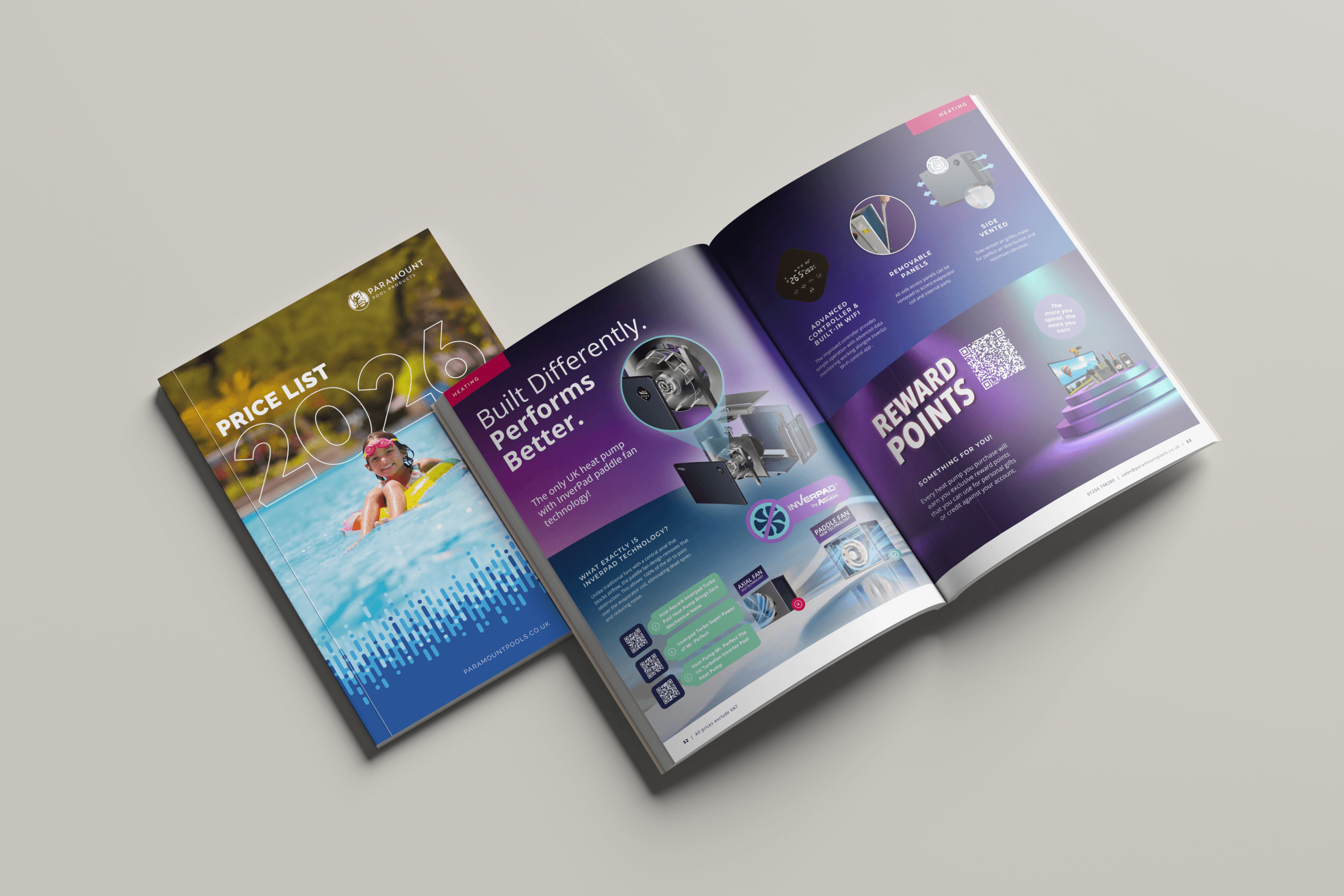Getting your foot in the door of any industry after completing education can be tough. Sometimes, relevant positions can be few and far between, and competition is high for those roles that are available. Our youngest designer, Amy, knows this only too well and wanted to share her top tips for breaking into the design industry and finding your feet.
Amy’s story:
During college, at a period where it seemed like everyone I knew was planning and preparing to move on to university, I felt rather lost. I didn’t feel uni was the right direction for me and although this seemed to be the natural progression for many, and something I was being pushed towards by most of my lecturers, I was keen to find an alternative route. I knew I wanted to gain some real-world experience to further my knowledge and skills in graphic design, but I didn’t really know where to look.
After collating my portfolio, signing up to many recruitment services, and contacting numerous companies about any potential opportunities they may be able to offer, I eventually landed a digital marketing and social media apprenticeship role at a health care company.
After over a year at this placement, I decided it was time to move on, as I wanted to build my portfolio and experience by working in a studio. I managed to do this by working part time (alongside my retail job) at a local agency. The deal was that I could use the studio’s office space and call on them for advice, in exchange for helping them with several of their live projects. I found this time very beneficial and I feel this experience, along with my increased portfolio, was what ultimately lead me to being offered a job at Glow.

My journey to Glow taught me a lot, so I wanted to share my top tips for getting started in the design industry.
1. Differentiate yourself through your CV and portfolio to ensure you stand out. Get creative; this is really important to cut through the noise and show what you’re capable of.
2. If possible, include examples of commercial design (such as brochures, adverts and business cards) in your portfolio. This will demonstrate that you’re adaptable and can create functional design. Don’t worry if you don’t have a live brief from a client, you can find practice briefs on sites such as, Briefbox and Fake Clients.
3. Build up as much work experience as possible, it really is so valuable. I’ve been told that it’s one of the reasons I was selected, from quite a few candidates, for the Junior Designer position at Glow.
4. Learn as much as you can from those already in the design industry and from online tutorials. Note down your newly acquired knowledge, on paper or digitally, and use this as your very own design bible to refer back to.
5. Approach companies you’d like to work for, even if there are no roles available at that time, to help establish an initial relationship. They’re then much more likely to contact you in the future if the circumstances change. This is how I started with Glow!
6. Be proactive, but patient (I know this is hard). It takes time and effort to get there, but you will eventually find the right role for you.
7. If you haven’t already, invest in the graphic design book ‘Know your Onions’. It will change your life.
8. There is so much to learn that it can sometimes be overwhelming, but remember, it doesn’t have to be all at once. The nature of the role means you will be on a continuous journey of learning. The programmes we use are ever evolving and even those in senior roles need to keep brushing up on their design industry knowledge.
9. Instead of struggling by working on something for hours and going around in circles, take a break and come back to a project with fresh eyes. I guarantee you, this will help. Don’t be afraid to ask for help either; you may be overthinking things and often someone who hasn’t been heavily involved will be able to spot things or offer ideas with more ease.
10. And finally, don’t compare yourself to others. It’s great to look for inspiration from and admire others’ work, but don’t allow someone else’s skills and experience make you feel inadequate. If you haven’t already, you will certainly develop a style and expertise of your own.



